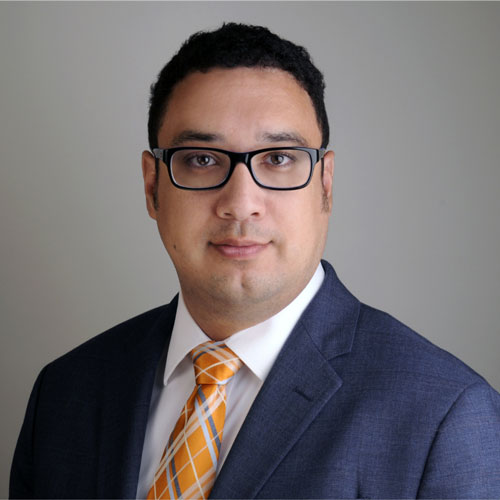The Problem with Some of the Present Laws in Canada
Some Laws Are Very Broad
The problem with our present situation in Canada (and particularly in Ontario) is that we have some laws which apply to everyone but which are very broad and thus are rarely enforced. The reason they are rarely enforced is that to do so would capture a lot of conduct and thus require vast resources and be a general nuisance. But these laws can be used selectively by police when it is deemed that needs must. Here are some examples.
Trespass to Property Act
The Trespass to Property Act covers all sorts of annoying human conduct which we normally, and properly, put up with.
For example, the owner of a property like a shopping mall may not care for people with blue hair, people with bad breath, people who talk loudly, or people in large groups. But those people are allowed to be present on their private property.
If the owner of that mall arbitrarily or whimsically decides to not allow someone or a group of people to be in his mall, then those people must leave—and this is true whether other people exhibit the same annoying behavior or not.
As long as the reason isn’t related to race, or religion, or other discrimination, the owner of the property has full discretion to ask them to leave, and the police are required to enforce that discretion.
There are certain downsides to this way of society operating, but they are outweighed by private property interests.
But what happens on public property?
We saw an example of this when @TheMenzoid kept reporting on @patrickbrownont’s apparently unethical use of a #Brampton arena during COVID measures. In the end, the Trespass to Property Act was enforced and I had to go to court to get the charge dropped.
In the case of @CarymaRules (and I don’t know all the details) it appears that, although a private venue, it was the location of a political event by our premier @fordnation. I even read that Caryma had an invitation. She only became an unwanted guest at the premier’s whim.
In my view, the TPA became improperly used at that point. Like the case involving @TheMenzoid, she was involved in s.2 activity (free expression) and thus could not be excluded or arrested under the TPA because it doesn’t apply to persons “acting under a right or authority conferred by law.”
But that claim to the Charter right is interpretive and intangible—and not something the police need (or at least not something they think they need) to sort out at the time. Later, in court, the person may be vindicated, but the improper use of the TPA will accomplish its goal by removing a person right away.
The Liquor License Act
The Liquor License Act is also used this way, allowing police to be present in a place with hundreds or even thousands of visibly intoxicated people and not act unless a specific person is called out for an arbitrary reason. The LLA can then be used to detain or even arrest that person.
“Cause Disturbance” Provisions
Mischief provisions and “Cause Disturbance” provisions under the Criminal Code can also be used in this way.
A loud protest may be protected under the Charter but if the powers that be decide they’ve had enough—like @JimWatsonOttawa did during the #FreedomConvoy2022—all of a sudden, arguments can be made that the people are blocking a sidewalk, or shouting or swearing (things which happen all the time without enforcement) and thus are committing offences.
Highly Problematic Laws in Our Society
It’s not that the laws are used politically where no such power exists. Rather, the power exists, but laws are deliberately broad to capture lots of behavior and the authorities use their judgment to NOT enforce them in most instances.
This, and the availability of resorting to the Charter only long after the exercise of state authority, makes these laws highly problematic in our society, particularly where they are used at the urging of politicians.
David Anber
David Anber has been a trailblazing legal practitioner since 2006. His early entry into law practice during his studies marked the beginning of a distinguished career. As a member of both Ontario and Quebec’s bar associations, David excels in defending traffic and criminal cases across both provinces. David contributes to legal discourse through articles for the Defence Counsel Association of Ottawa and the Criminal Lawyer’s Association of Ontario.
